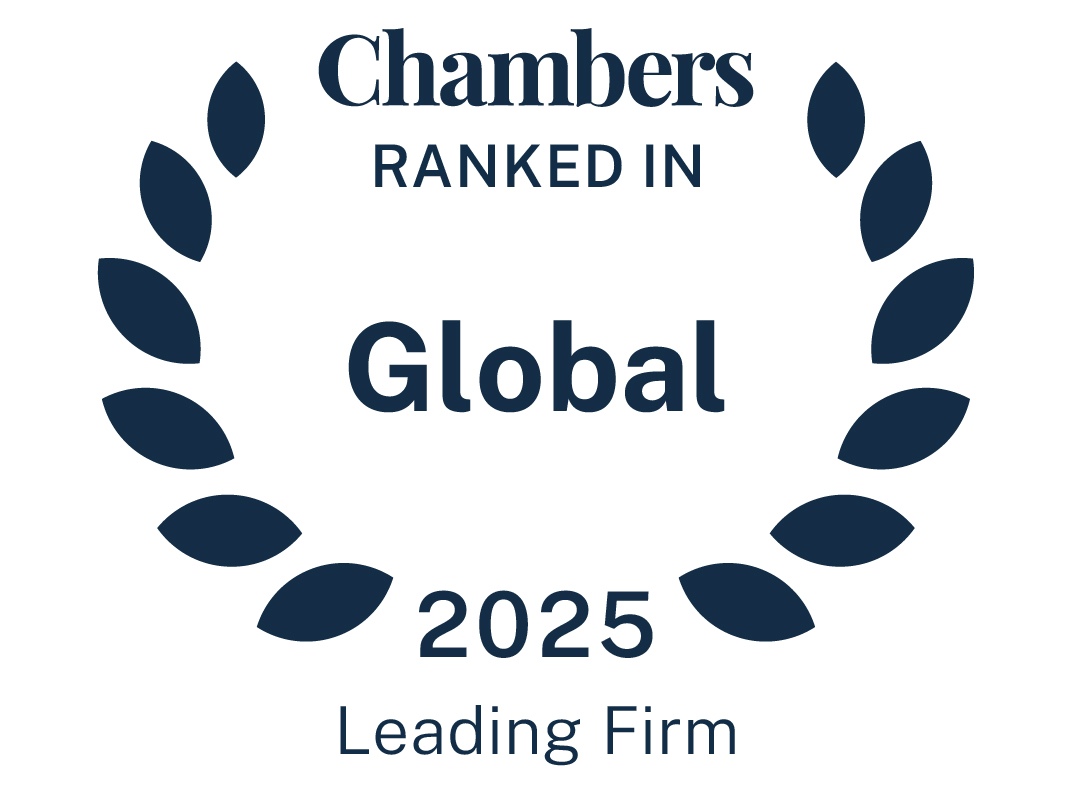Since its enactment, the so-called “Startup Law” has established ideal conditions to foster the development of Startups and Scaleups in Portugal, contributing to the retention of these companies in the domestic market and making the ecosystem more attractive for their growth.
Moreover, it has clarified the legal definitions of Startup, Scaleup, and Business Angel, with these designations being contingent on the fulfillment of specific requirements.
Thus, a company will be considered a Startup if it cumulatively:
– Has been in operation for less than 10 years;
– Employs fewer than 250 workers;
– Generates an annual turnover of up to 50 million euros;
– Is not the result of a spin-off from a large company;
– Has its headquarters – or at least 25 employees – in Portugal; and
– Does not have any direct or indirect majority stake held by a large company in its share capital.
In addition to these requirements, for a company to benefit from this status, it must also meet at least one of the following conditions: (i) It must be an innovative company with high growth potential, offering an innovative business model, products, or services; (ii) It must have completed at least one round of venture capital financing by an entity legally authorized for this purpose; or, (iii) It must have received investment from Banco Português de Fomento, from funds managed by it, or from one of its equity or quasi-equity instruments.
On the other hand, a Scaleup is defined as a company that has experienced an average annual growth of at least 20% over the past three years, with a minimum of 10 employees during that period. In other words, it is a company in full development with a high potential for scalability.
Integral to this ecosystem, and playing a key role in the launch of such businesses, are the Business Angels – individuals or corporate entities that invest in Startups, thereby enhancing their financial capacity and contributing their market expertise and know-how.
The direct path to recognition of the Startup or Scaleup status involves sending a preliminary communication to Startup Portugal, the entity responsible for monitoring, tracking, and controlling these companies.
Given the legal criteria a company must meet to be considered a Startup (in particular, having fewer than 250 employees), it is established that Startups may benefit from a temporary employment regime for at least their first two years of operation. Indeed, labor legislation permits the conclusion of fixed-term contracts (i.e., for a limited duration) when it comes to launching a new activity of uncertain duration, as well as the commencement of operations of a company or an establishment belonging to a company with fewer than 250 employees (and for the two years following any of these events). This is without prejudice to the possibility of employing workers on fixed-term contracts for other legally justified reasons. Additionally, while a company is in its early stages and has fewer than 10 employees (regardless of the type of employment contract), it will be classified as a microenterprise, and specific labor rules will apply, such as in the scheduling of vacations (which may be set unilaterally by the employer without temporal limits), in the modification of working hours (with a consultation period with employees of only 3 days instead of 7), and a higher number of overtime hours that may be requested from each worker annually.
It is important to note that the conferment of this status also provides access to a series of tax incentives, which can be highly advantageous for the benefit of your business.
One of the most significant benefits is the modification of the tax regime for stock options (remuneration instruments for managers that allow them to purchase company shares at a predetermined price on an optional basis, thereby serving as a means to attract and retain talent). The gains derived from these stock options are taxed at an autonomous rate of 28% (with the option to be aggregated into the general tax base); gains may be taxed at 50% of their value when the plan is granted by an entity that, in the year preceding the plan’s approval, is recognized as a Startup.
Furthermore, changes have been introduced to the Fiscal Incentives System for Research and Development (SIFIDE), including an extension of the period for reporting non-deducted expenses from 8 to 12 years, and an increase in the deduction for expenses related to R&D activities associated with eco-design projects, from 110% to 120%.
With Ordinance No. 352/2024/1, dated December 23, a fiscal incentive aimed at attracting qualified professionals to boost innovation and scientific research in Portugal was approved. This new Non-Habitual Resident Regime, or RNH 2.0, includes measures under the new Fiscal Incentive for Scientific Research and Innovation specifically directed at professionals occupying positions or serving as members of corporate bodies in entities certified as Startups, clearly reflecting the Portuguese government’s commitment to this entrepreneurial ecosystem.
Recently, and to reinforce existing measures, Ordinance No. 49/2025 was published, which defines a new set of incentives in the form of “Voucher Deep Tech,” “Voucher Go to EIC Accelerator,” and “Start From Knowledge Program.”
It is noteworthy that the Startup Regime has attracted entrepreneurs and investors from around the world to Portugal, thereby strengthening the economy.
All entrepreneurs and investors aiming to create an innovative company and contribute to Portugal’s business ecosystem can rely on the support of , a multidisciplinary team whose professionals have extensive experience in legal advisory in ,, regulatory, and matters.
This comprehensive set of expertise ensures the necessary support for the establishment and/or operational monitoring of the project, addressing all the integrated needs of such companies.



